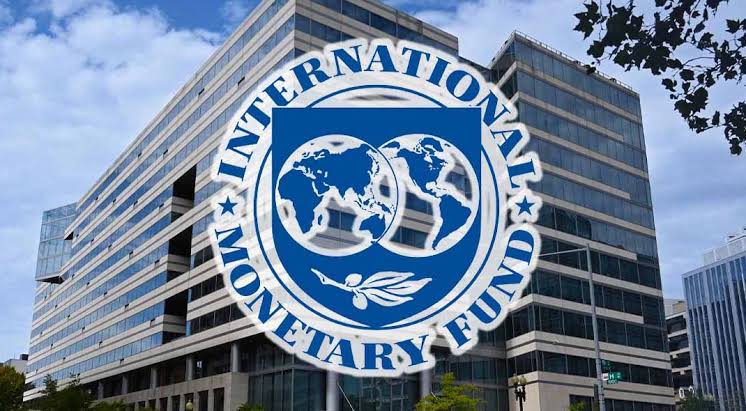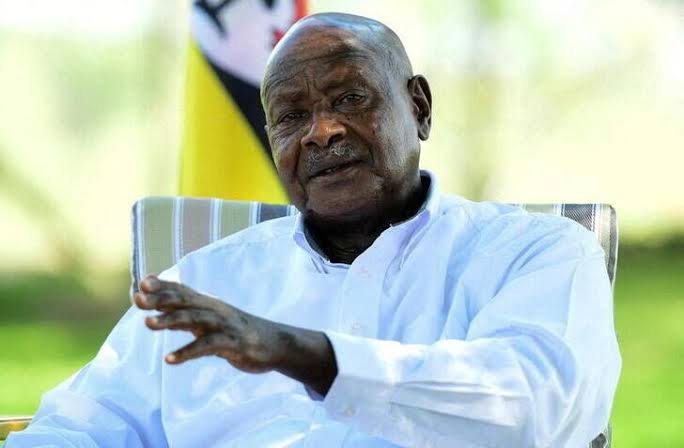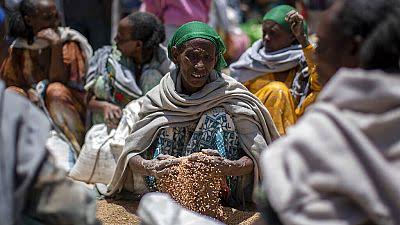
Faith Nyasuguta
The International Monetary Fund (IMF) board has given the green light for the disbursement of $120 million to Uganda following the fifth review of the Extended Credit Facility (ECF) program. This approval is part of a larger financial support package, potentially reaching up to $1 billion for Uganda.
The ECF arrangement, initiated in 2021, has now seen its fourth disbursement, totaling $870 million. The funds are aimed at aiding Uganda’s recovery from the economic downturn caused by the COVID-19 pandemic and curbing inflation. This disbursement comes eight months after the last installment in June of the same amount.
According to the IMF, the financial assistance has contributed to Uganda’s broader economic recovery, supported by decreasing inflation rates and investments in the oil industry. Despite these positive developments, risks persist in the economic outlook, prompting the IMF to stress the importance of sustained reforms and consolidation efforts.
Uganda’s economic growth is expected to accelerate to 6 percent in the current financial year, with a further increase to 6.2 percent in the upcoming fiscal year starting in June, marking a rebound from the slump experienced in 2020.
The inflation rate is projected to decrease to 3.1 percent this year, aligning with the Bank of Uganda’s target and representing a significant reduction from the 8.8 percent recorded in the 2022/23 financial year.
Bo Li, Deputy Managing Director of the IMF, emphasized that reforms under the ECF program aim to support fiscal consolidation, maintain a downward trajectory of the public debt ratio, ensure sustainable social and development spending, and implement structural reforms to enhance governance and foster private sector-led growth.
However, the IMF highlighted several risks to Uganda’s economic outlook, including the potential impact of the Anti-Homosexuality Act of 2023 on the country’s recovery.
Other challenges include weather-related shocks affecting agriculture, a potential increase in global fuel prices due to violence in the Gaza Strip, and exchange rate depreciation pressures resulting from foreign investor flight.

In a separate development, Uganda has received €218.5 million ($237.1 million) from the European Union to support eight new initiatives. These initiatives focus on green projects, women’s enterprises, business and human rights, and agricultural value chains, aiming to boost trade and investment and help Ugandan businesses benefit from the EU Global Gateway Strategy.
The initiatives include the “WeWork” project, providing €50 million for green and decent jobs for youth, and the “Advancing Respect for Business and Human Rights” project, allocating €5 million to monitor Ugandan businesses’ adherence to broader human rights issues.
RELATED:




